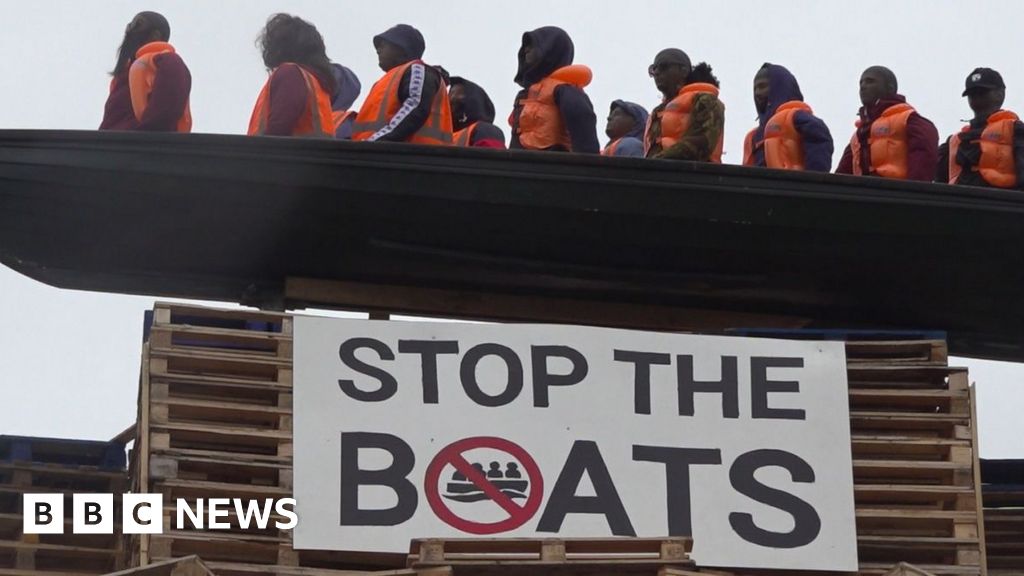Church Leaders Denounce Refugee Effigy in Bonfire Protest
In recent weeks, a controversial incident in a small town has sparked outrage and condemnation from church leaders and human rights advocates. The burning of a refugee effigy during a local bonfire protest has drawn significant attention and has highlighted the ongoing tensions surrounding immigration policies and the treatment of refugees. This incident serves as a somber reminder of the challenges faced by immigrants today and the need for compassion and understanding.
The Incident
During a community bonfire event, attendees reportedly created an effigy symbolizing refugees and set it ablaze. This act was intended as a protest against what some community members perceive as the overwhelming influx of immigrants into their town. However, the action has been met with backlash from various church leaders and advocacy groups, who have called it a display of hate and intolerance.
Church leaders from various denominations have expressed their outrage, stating:
The Response from Religious Communities
As news of the effigy burning spread, local churches mobilized to promote unity and understanding. Many congregations organized prayer vigils and educational forums to discuss the importance of welcoming immigrants and refugees.
Key points from the religious community’s response include:
Understanding the Context of Refugee Issues
This incident occurs against the backdrop of growing concerns about immigration policies and their impact on vulnerable populations. Reports of increased deportations and stricter border enforcement have left many refugees feeling uncertain about their futures.
In the United States, organizations like USCIS and DHS are tasked with overseeing immigration processes, including asylum applications and refugee resettlement. However, recent changes to policies have raised alarms among advocates who fear that more individuals may face barriers in seeking refuge.
Recent trends in immigration include:
The Importance of Compassion in Immigration Discourse
As discussions around immigration continue, it is crucial to foster an environment of compassion rather than fear. The actions taken by church leaders in response to the effigy burning highlight the need for community solidarity and support for those seeking a new life.
Advocates for immigration reform argue that understanding the root causes of migration—such as violence, poverty, and persecution—is essential in addressing the complex landscape of modern immigration.
Some key points for fostering compassion include:
Conclusion
The burning of the refugee effigy serves as a stark reminder of the divisions that exist in our society regarding immigration and refugee issues. It is imperative that communities come together to denounce hate and promote understanding.
Church leaders and advocates are calling for a united front—one that recognizes the humanity of every individual and upholds the values of compassion and support. As the conversation around immigration continues to evolve, it is vital to remember that behind every statistic is a person with hopes, dreams, and the desire for a better life.
As we navigate the complexities of immigration, let us strive to create a society that embodies the spirit of welcome and embraces diversity, ensuring that everyone has the opportunity to thrive.










